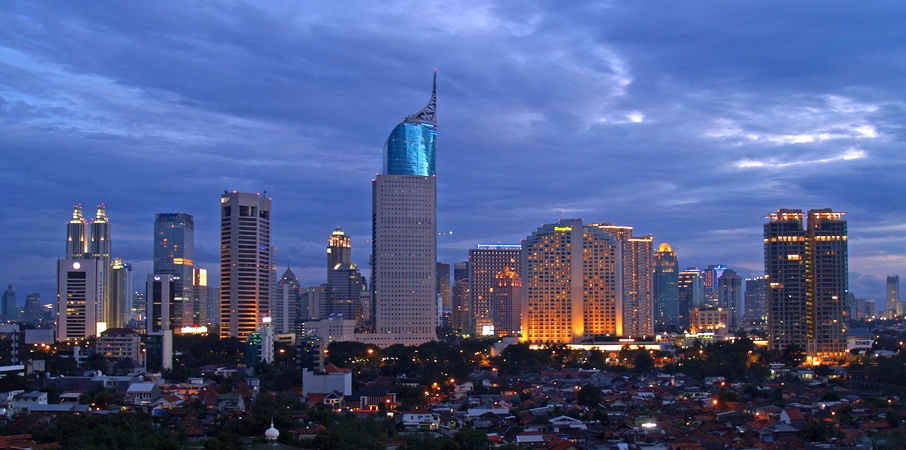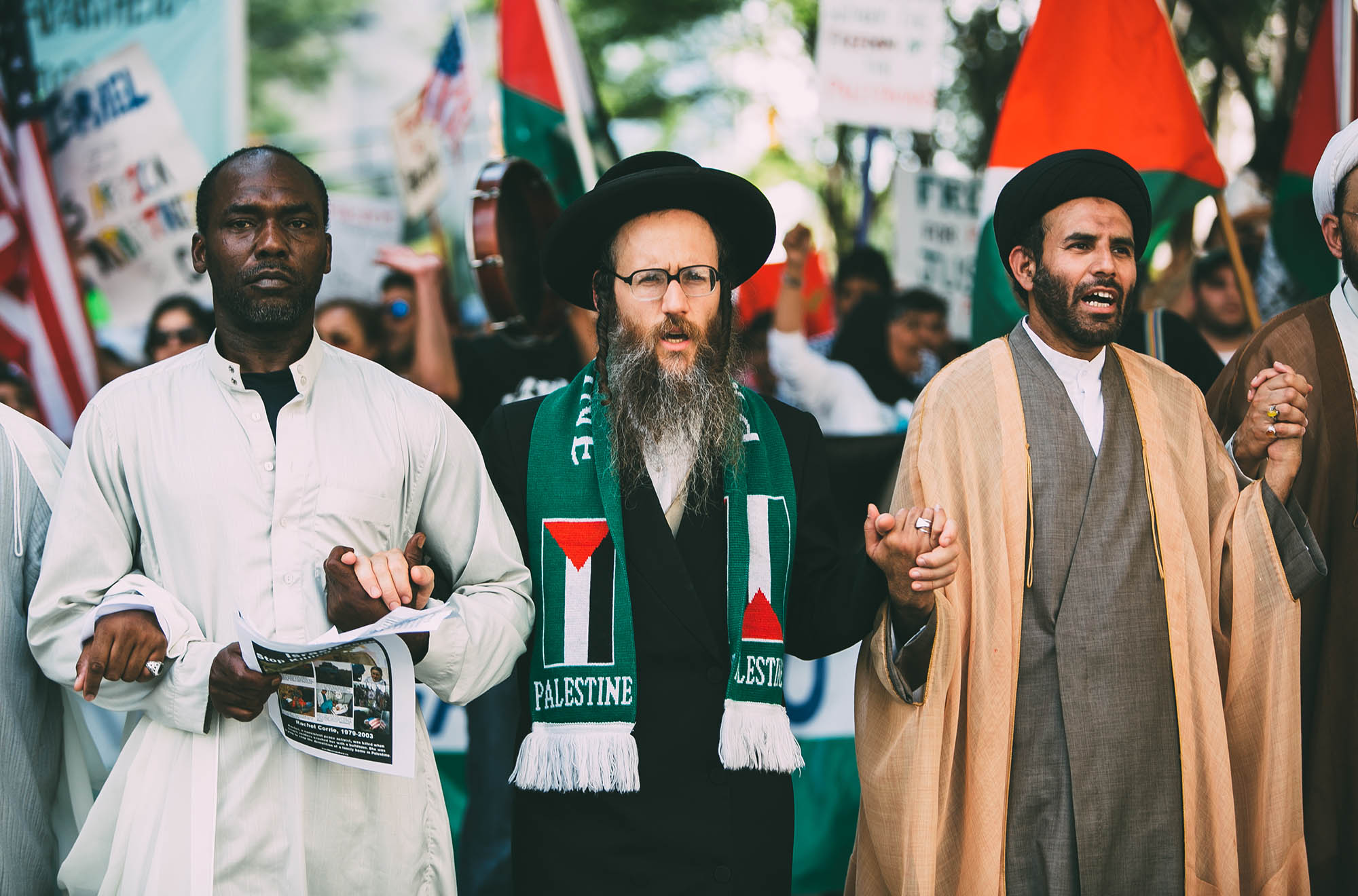Over 90% of Indonesia’s Muslims most likely find jihadi terrorism totally abhorrent. But that offers little consolation to the survivors in 3 Surabaya churches bombed on Sunday by an Indonesian family, recently returned from Syria.
Indonesia, the world’s most populous Muslim-majority country, is one of a number of Southeast Asian countries to suffer attacks in recent years from groups affiliated with the so-called Islamic State (IS). Some 30 Indonesian jihadi groups currently pledge allegiance to IS, leading Indonesia’s military chief General Gatot Nurmantyo to concede that IS now exists in nearly every province in the country.
The Indonesian government has been fighting these groups ever since 2002, when two bombs killed over 200 people in a nightclub district on Bali. Since then, the government has imprisoned some 800 and killed more than 100 militants. For example, Aman Abdurrahman, the leader of an IS-affiliated group, has been in prison for 12 years and is currently being tried for inciting his followers to commit terrorist acts. But the prison he is in is described as a breeding ground for jihadi militants, and the government appears to be making little headway against militant groups.
In the past 2 weeks alone, there have been multiple back-to-back attacks. Five police officers were killed in clashes with Islamist prisoners at a high security prison. The suicide attacks on Sunday killed 18 worshippers in 3 Surabaya churches. A woman and her daughters targeted one church, while her husband and their two sons detonated their bombs at the other two. And the following day a family riding 2 motorbikes bombed a police headquarters in the same city, raising fresh concerns about the power of Indonesia’s jihadi networks.[1]
One Muslim think tank has estimated that radical Muslims constitute no more than 10% of the global Muslim community. If that estimate is true of Indonesia’s Muslims, then fewer than 23 million Indonesians embrace radical Islam, with the vast majority of them simply being supportive. But unfortunately even 23,000 committed jihadis are enough to throw a country into major turmoil and sow widespread terror.
[1] http://www.bbc.com/news/world-asia-44136759 Accessed May 16, 2018.




